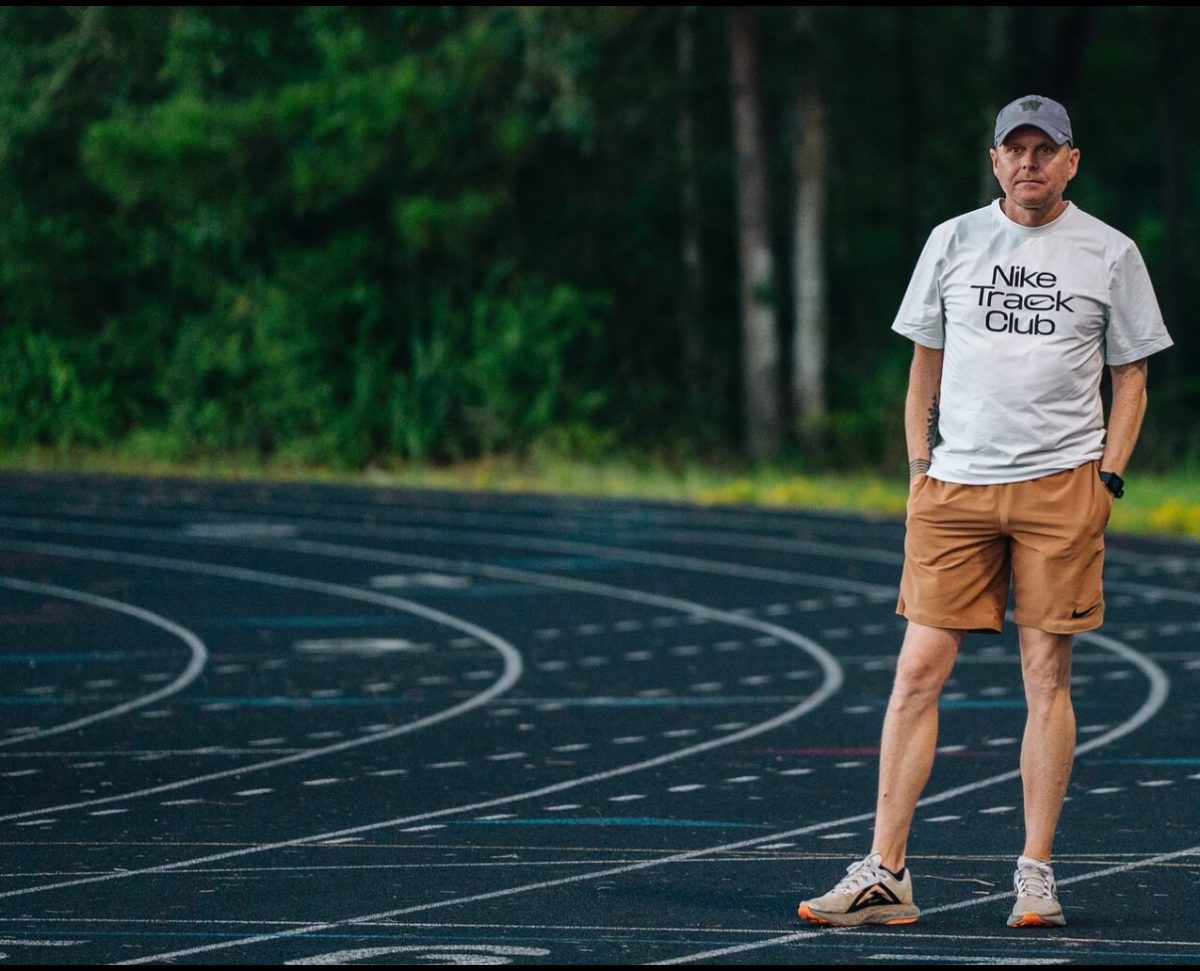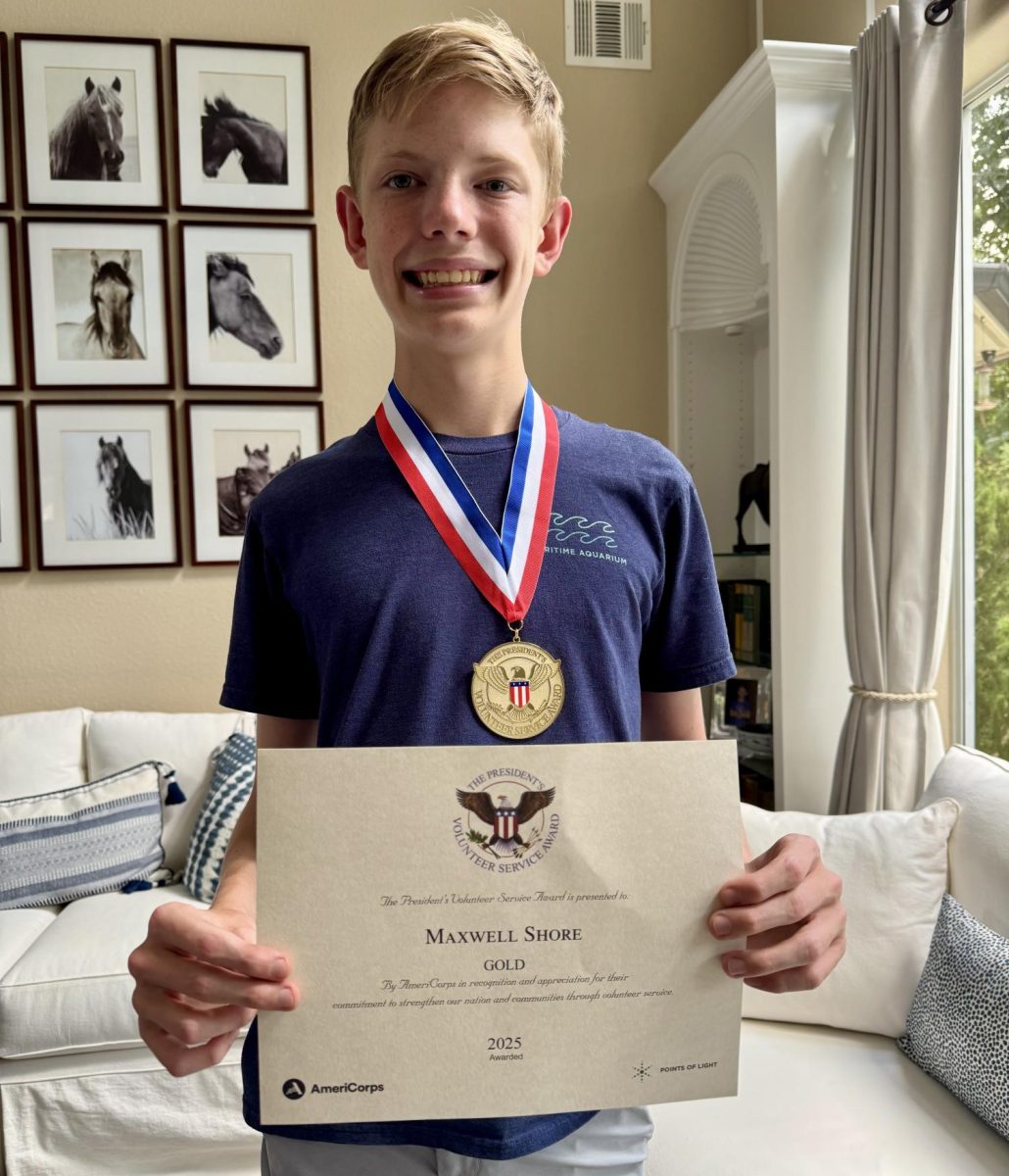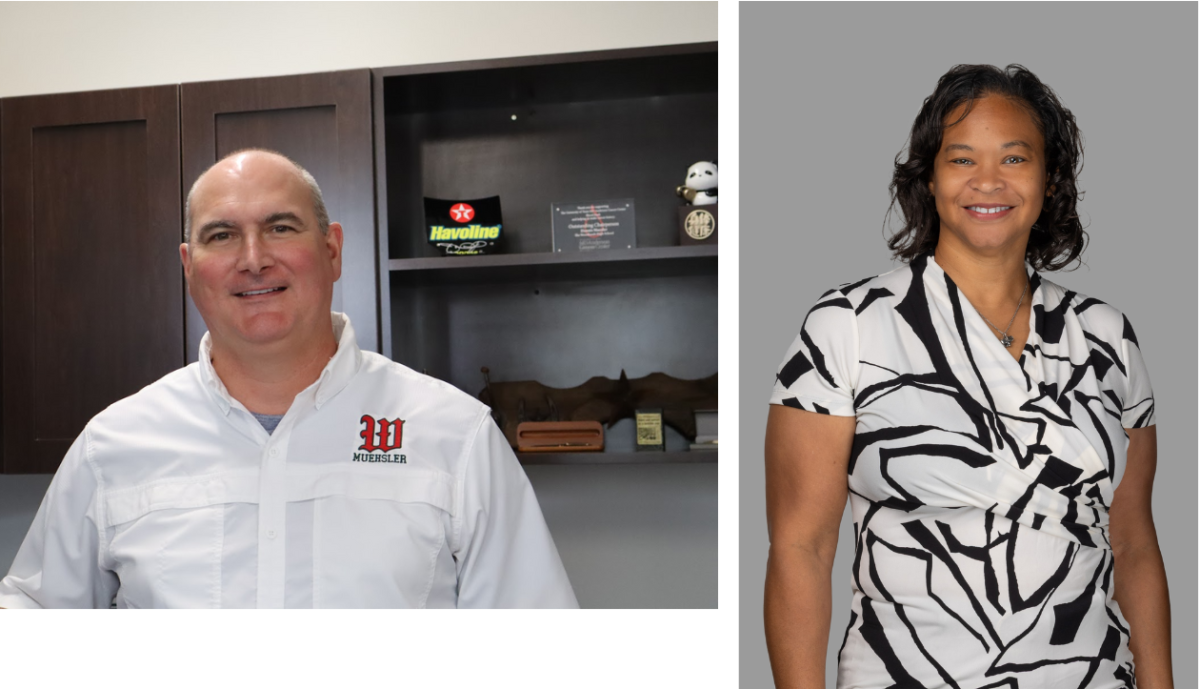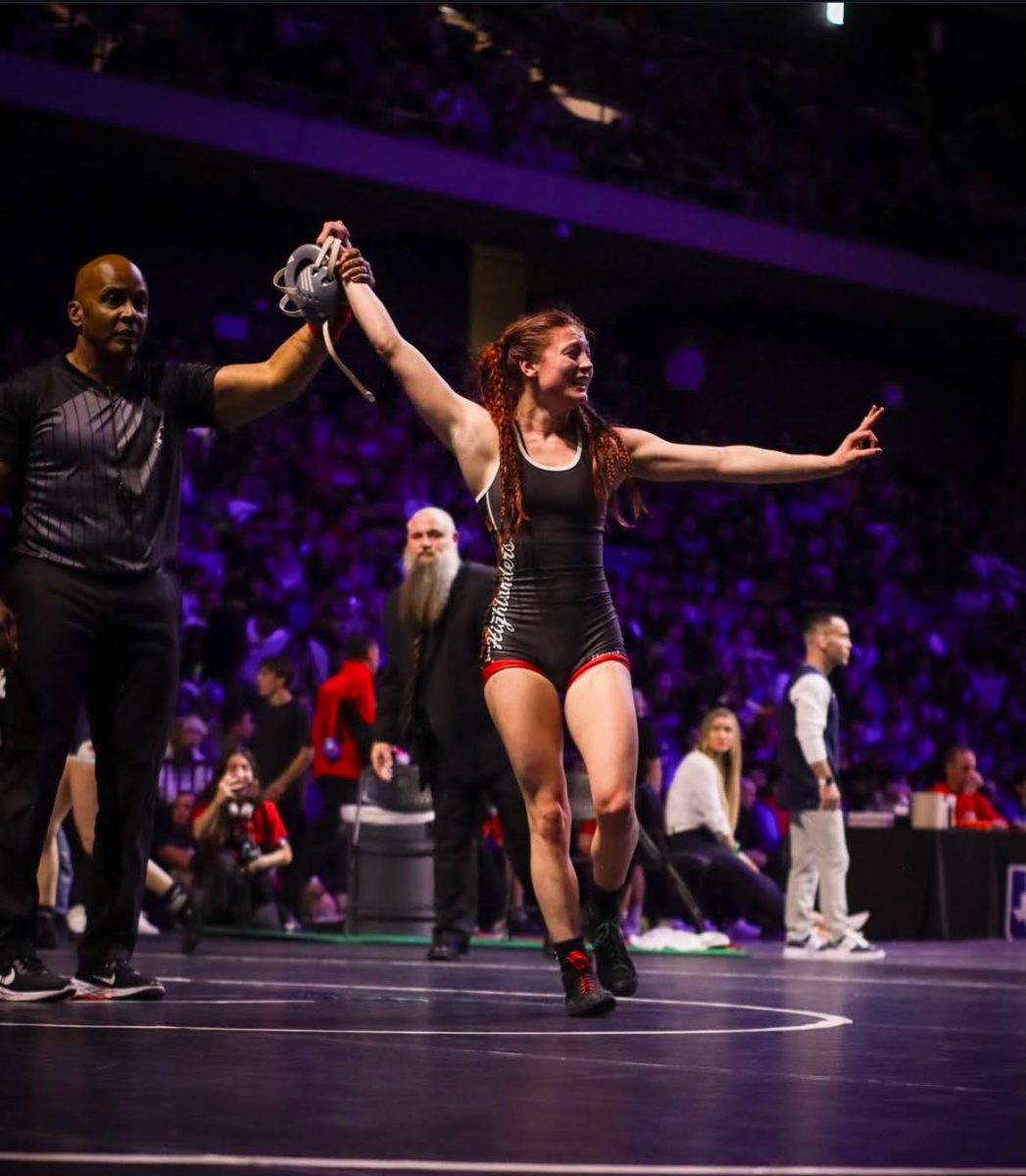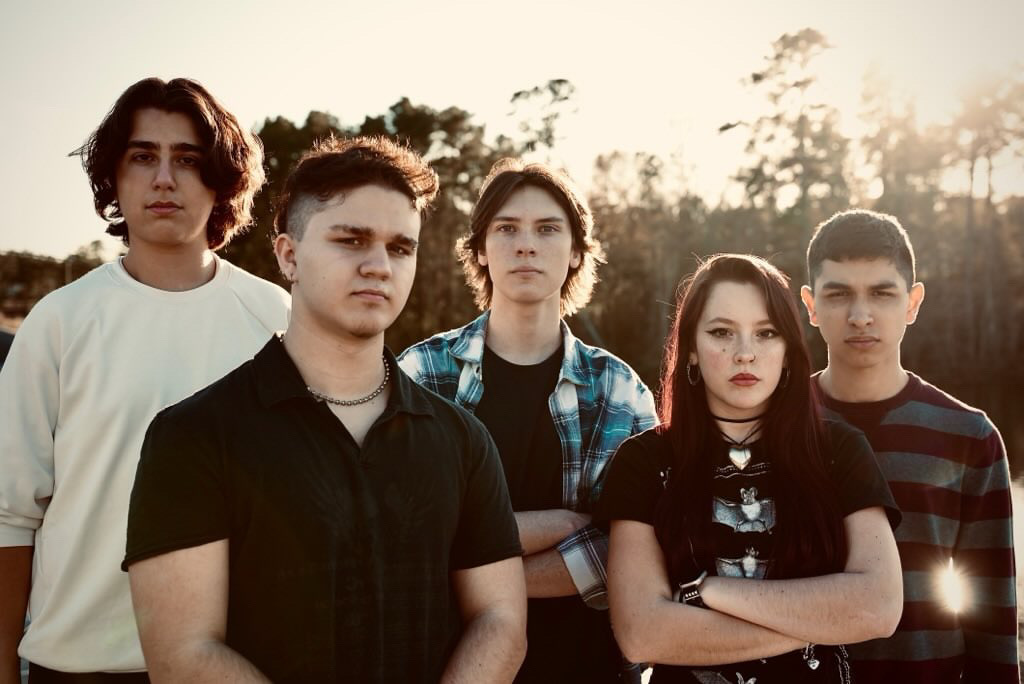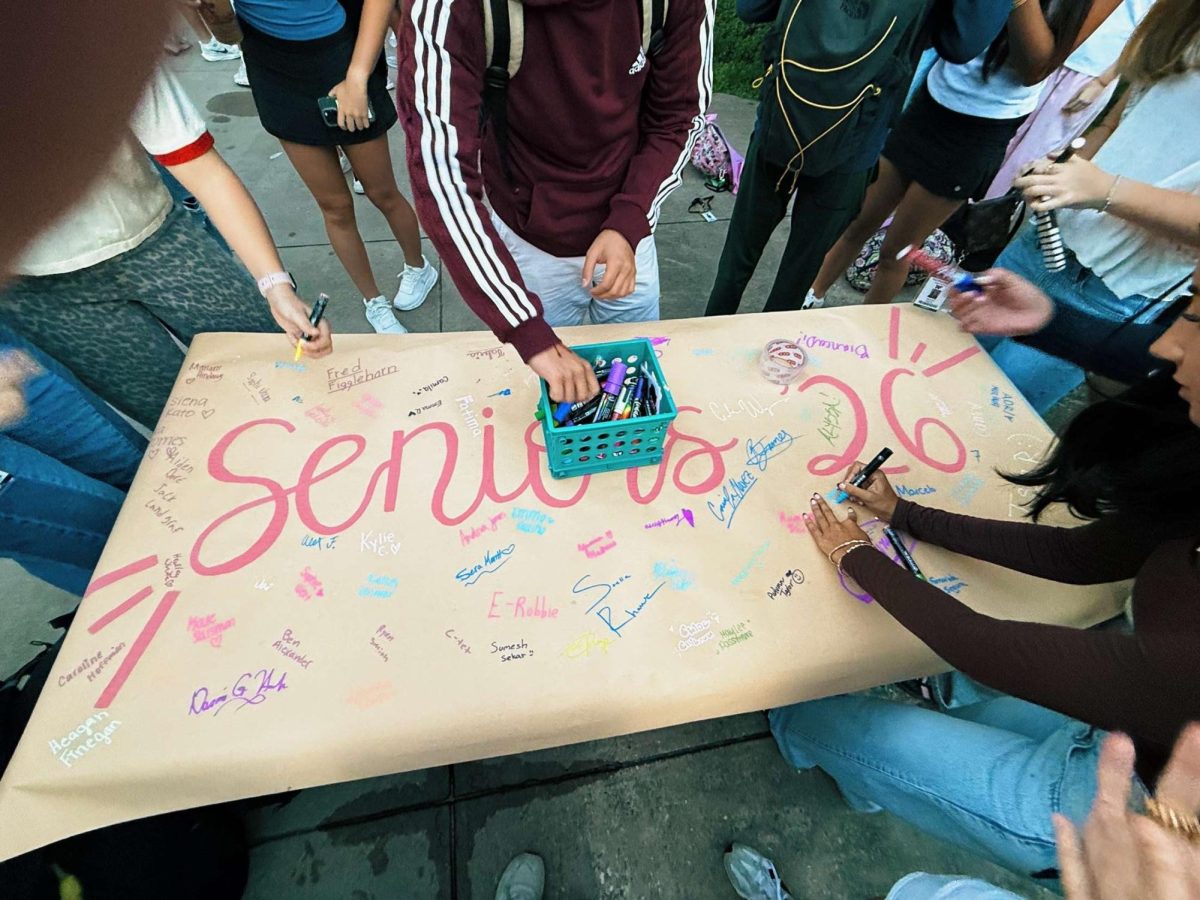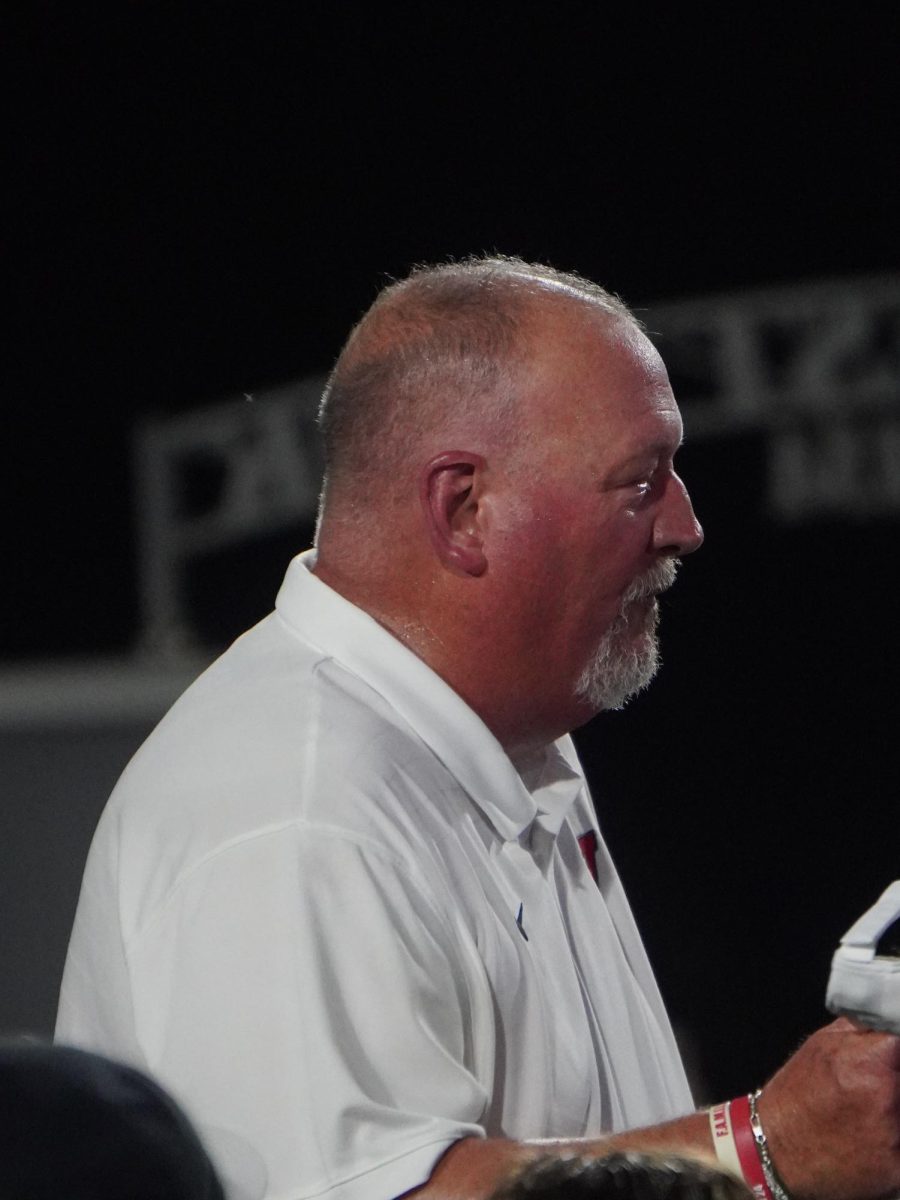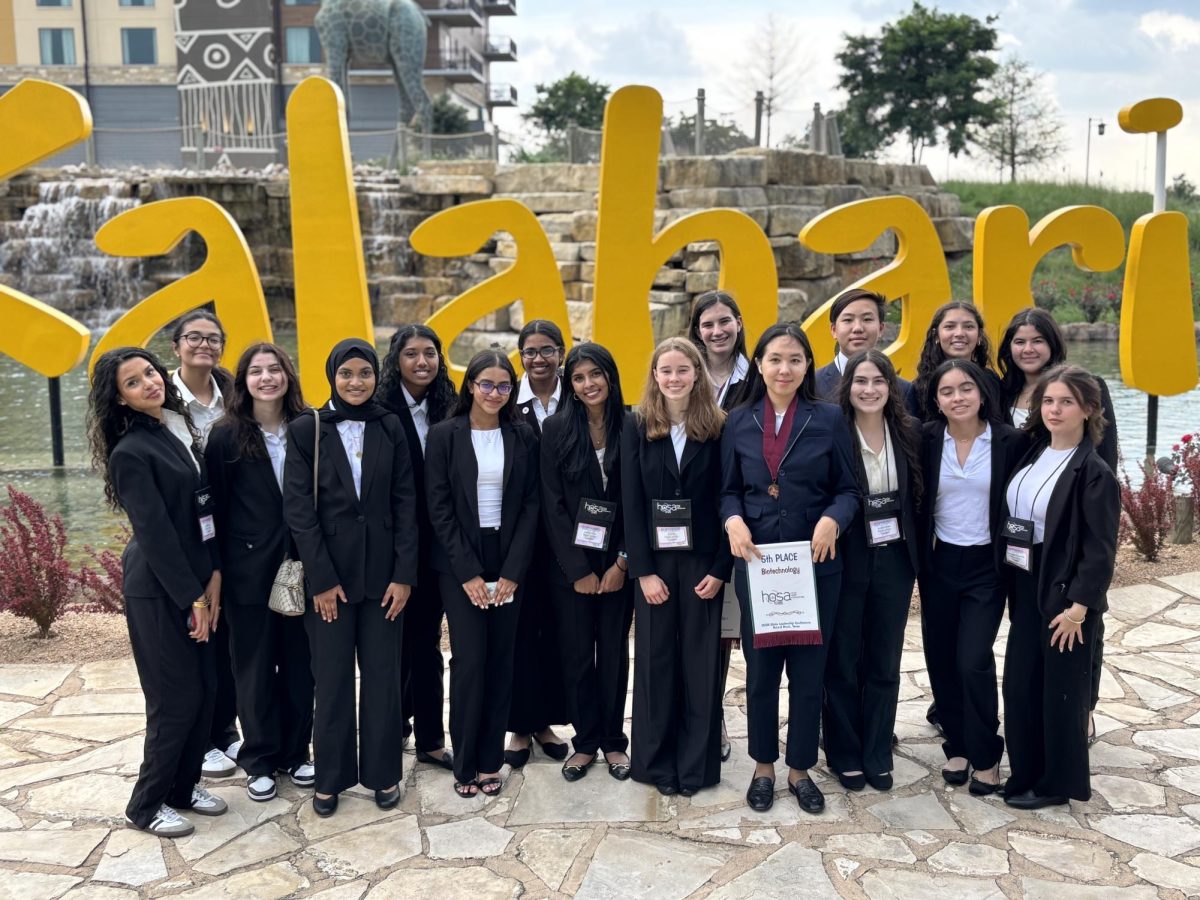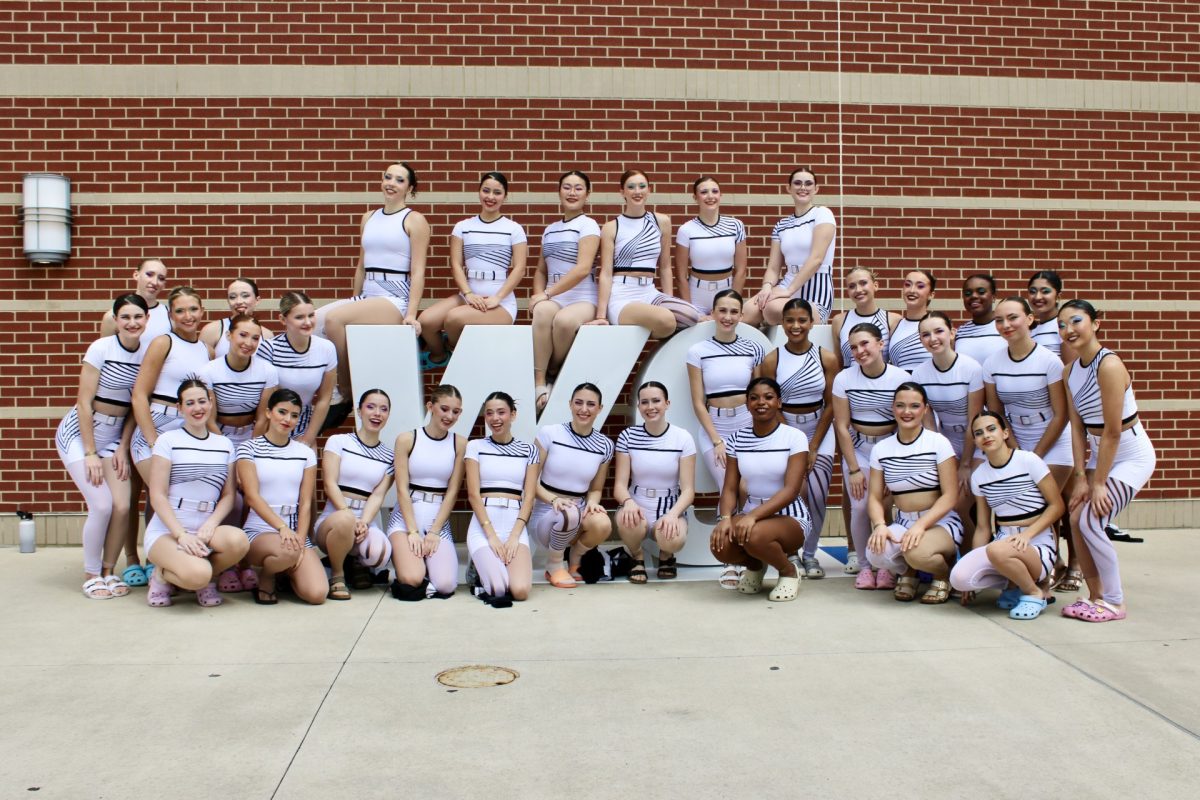When Juris Green arrived at our high school in 2001, coaching was the last thing he considered. He began his career in education, teaching at Washington Junior High, and had no intention of stepping into his family’s coaching legacy. However, when receiving an opportunity to assist his father, legendary Dan Green, at The Woodlands High School, Juris started down a path that would ultimately define his career.
For four years, he balanced teaching at one campus and coaching at McCullough Junior High. Here, he started his legacy by establishing the first cross-country class. As a result, Juris Green developed a new six-year program, from seventh grade to senior year, where athletes could now focus on their sport throughout middle and high school.
Although Juris’s original goal was not coaching, the influence of his father and his family’s legacy became impossible to ignore.
“As far as The Woodlands goes, there has only ever been a Green as a head coach,” he said.
Shaped by generations of coaching, Juris’s path was bound to take shape similarly to his family. His father, Dan Green, began coaching at McCullough in 1976, along with his brother, who coached cross country and track at the University of Arkansas. To the Greens, coaching wasn’t just a career; it was a family business.
“I have high expectations because I was faced with high expectations,” he explained. “I put this all together, and you’re not going to ruin a family matter.”
Still, taking over the program came with its own challenges. In his first year as head coach, Juris faced doubt from his friends and peers alike, some doubting that he could ever live up to his father’s legacy.
“They told me I couldn’t do what my father had done and that the legacy was over.”
But Coach Juris Green didn’t waver from his path and continued forward.
“I’m not trying to fill anybody’s shoes but my own. I don’t want to be referred to as Dan’s son my whole life. I want to be myself.”
Juris led the team to four state championships in his first five years as head coach. His athletes believed in his vision from the beginning, which paid off.
His coaching style reflects a combination of his upbringing and his evolution as a leader. Turning away from his father’s “old-school” tactics, Juris Green adjusted his experiences to the modern athlete. He describes this style as “Passionate and Knowledgeable.” Unlike his father, who brought a football mentality to coaching, Green adapted it to fit the needs of his athletes today.
“You constantly have to be on your toes when finding new ways to train and coach,” he said. “No two years are the same.”
This adaptability has become one of Coach Green’s most significant traits. As head coach of both track and cross country, Green expresses his appreciation for his team’s diversity.
“I get to dip my toes in all the different subgroups of events, and in all those different subgroups, there are different personalities,” he said.
Cross Country, in particular, holds a special place in his heart. Not only did he meet his wife at the University of Arkansas through the sport, but he also coached all three of his daughters in the program.
As for how his love for the sport changed over the years, he explained, “It’s different,” he said. As an athlete, he was “tunnel visioned.” However, as a coach, the responsibilities are far greater now. “I want to make everyone else’s job as simple as possible, so I shoulder as much as I can and more.”
In addition, Coach Green sees a distinct difference between coaching here and at other schools. The culture, he says, is built on commitment.
“Every assistant coach at TWHS must coach at least two sports,” he explained. “They come in really motivated, because they don’t treat track as a second sport.”
Coach Green emphasizes the level of ownership and commitment each coach takes in their respective roles.
And perhaps most importantly, “other schools don’t inspire kids like we do.”
Coach Green didn’t just inherit a legacy; he built his own. By capturing both tradition and innovation, he’s created a program that reflects where he came from and where he’s determined to go. And for the athletes who train under him, that legacy continues to grow every season.


